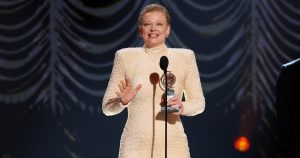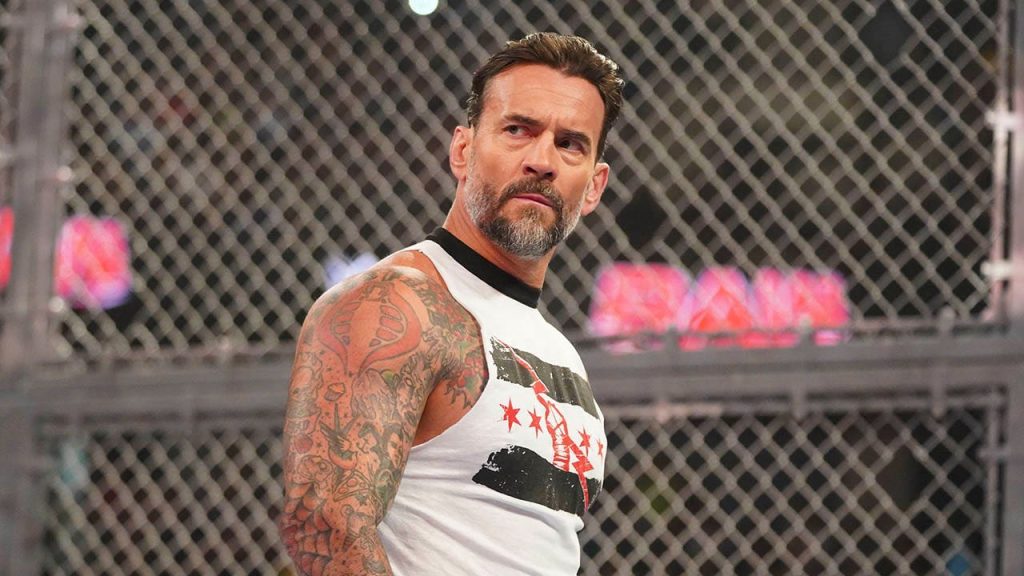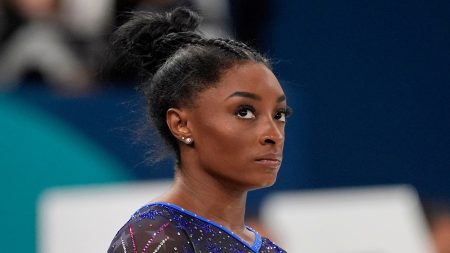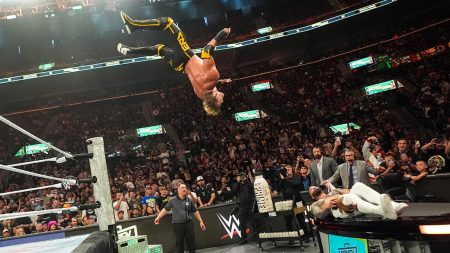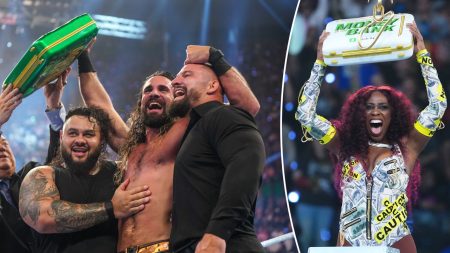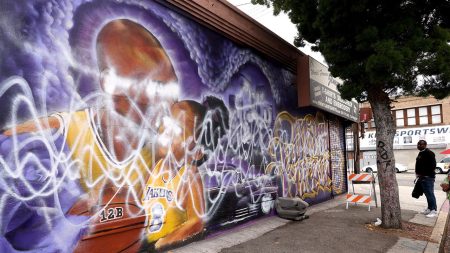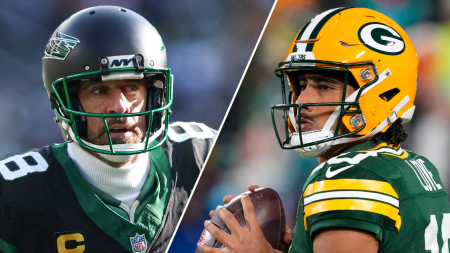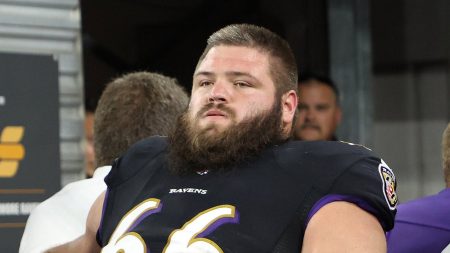The McCaskey Dilemma: CM Punk’s Frustration with the Chicago Bears
Phillip Brooks, a Chicago native better known by his wrestling persona CM Punk, recently expressed his deep-seated frustration with the Chicago Bears, his hometown NFL team. During a Christmas Day appearance on Netflix’s NFL coverage, Punk didn’t mince words, placing the blame squarely on the McCaskey family, who inherited ownership of the Bears from team founder George Halas. Punk’s central argument revolves around the perceived inability of the McCaskeys to lead the Bears to success, asserting that true change will only come when they sell the team. He cited past instances of misplaced hope, such as the hirings of coach Lovie Smith and the drafting of quarterback Mitch Trubisky, as evidence of the franchise’s recurring failures. Punk’s frustration resonates with many Bears fans, who have witnessed decades of disappointment, punctuated by fleeting moments of hope that ultimately proved illusory.
Punk’s criticism of the Bears’ ownership wasn’t limited to general mismanagement. He specifically pointed to the 2017 NFL Draft, where the Bears selected Trubisky with the second overall pick, passing over Patrick Mahomes, who was selected tenth overall by the Kansas City Chiefs. Trubisky’s time in Chicago, while statistically respectable with over 10,000 passing yards, was largely viewed as a missed opportunity, given Mahomes’ subsequent rise to superstardom. This draft-day decision has become a symbol of the Bears’ struggles to identify and develop elite quarterback talent, a critical component of any successful NFL franchise.
Fast forward to the 2024 NFL Draft, and the Bears found themselves with the first overall pick once again. This time, they selected Caleb Williams, the highly touted quarterback from USC. However, Williams’ rookie season has been a mixed bag, marked by flashes of brilliance alongside periods of inconsistency. The Bears’ 4-11 record entering their Thursday night game against the Seattle Seahawks reflects the team’s ongoing struggles, leading to the dismissal of coach Matt Eberflus. While acknowledging Williams’ early struggles, Punk reiterated his belief that the root of the problem lies with the ownership, suggesting that even the most talented players are unlikely to thrive under the current regime.
Punk’s passionate outburst reflects the sentiment of many disillusioned Bears fans. He identifies with the collective frustration of a fanbase yearning for a return to the glory days, a time when the Bears were perennial contenders. His declaration, "I’m a Chicago sports fan… and, ladies and gentlemen, it doesn’t get any lower than that right now," encapsulates the despair felt by many who follow the team. This sense of hopelessness stems from a perceived lack of direction and a string of questionable decisions by the ownership, creating a cycle of disappointment that has spanned decades.
The McCaskey family’s ownership of the Bears has been a subject of debate and criticism for years. Fans and analysts alike have questioned their decision-making, particularly regarding personnel and coaching hires. The team’s inability to establish a consistent winning culture has fueled speculation about the family’s commitment to building a championship-caliber organization. Punk’s public condemnation of the McCaskeys adds fuel to this ongoing debate, bringing the issue of ownership into sharper focus.
CM Punk’s comments, while delivered with characteristic bluntness, underscore the deep-seated frustration that permeates the Chicago Bears fanbase. His call for the McCaskeys to sell the team resonates with those who believe that a change in ownership is the only path to restoring the franchise’s former glory. Whether or not his words will have any tangible impact on the Bears’ future remains to be seen, but his outburst serves as a powerful reminder of the disconnect between the team’s current state and the expectations of its loyal fans. The ongoing struggles of the Bears, coupled with the frustration expressed by prominent figures like CM Punk, highlight the need for a significant shift in direction if the team is to regain its standing among the NFL’s elite.

